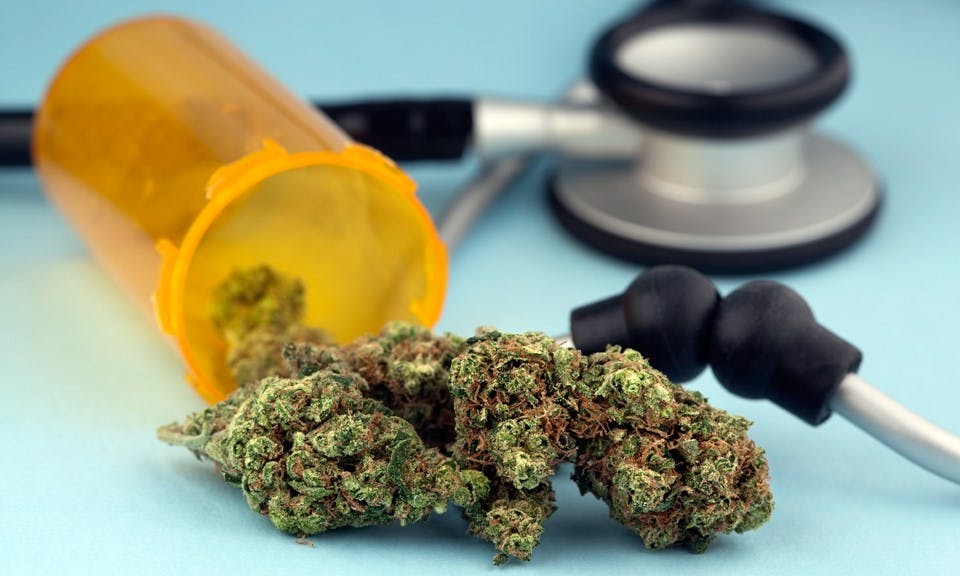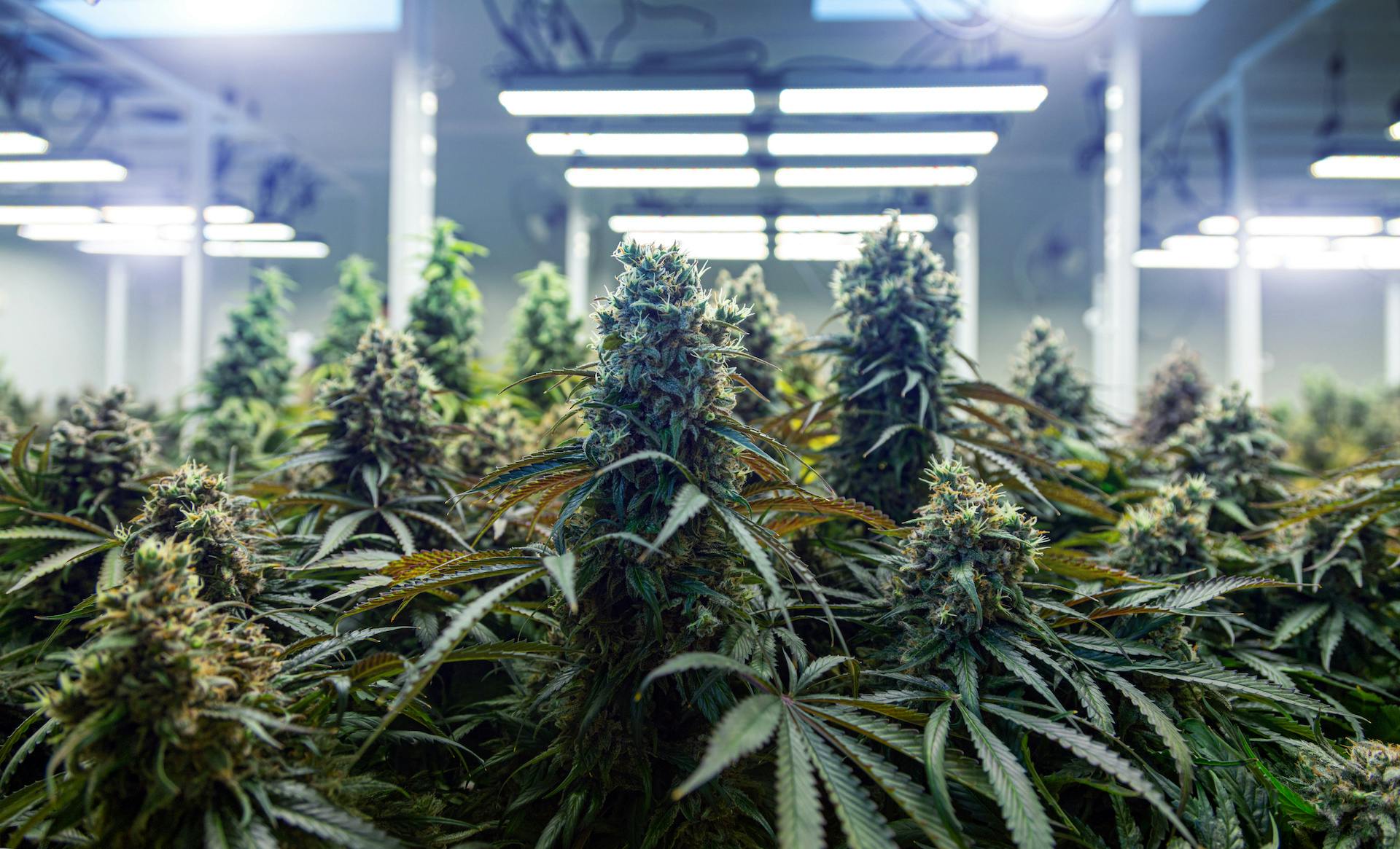Researchers compared obesity rates in two states—one with legal cannabis and one without. Here’s what they found.
Another stigma bites the dust. Munchies be damned, a new study showed cannabis use could be connected to lower obesity rates in states that legalize adult-use.
North Dakota State University researchers tracked obesity rates in Washington State, from 2002 to 2018. They compared those rates to those in a synthetic control state.
The stigma-shifting results were published in “Cloudy with a chance of munchies: Assessing the impact of recreational marijuana legalization on obesity,” by Raymond J. March, Veeshan Rayamajhee, and Glenn L. Furton.
Read the full text here, via the journal Health Economics.
The study’s authors wrote,“Our primary experiment revealed recreational marijuana legalization, which allowed for recreational marijuana dispensaries to open, resulted in decreases in obesity rates for Washington State,” when compared to the control state.
The authors concluded, “As more states gravitate to decriminalization, expanded medicinal use, and legalized recreational use of marijuana, our findings provide important insights into contemporary drug policy.”
Another study from 2016 found cannabis users in Sweden had a slightly reduced risk of type 2 diabetes than those who don’t consume.
With legalization spreading, researchers nationwide are poking at long-held theories about how cannabis truly impacts users. The FDA announced this week that it would expand its research on the plant. And new reports have linked use to greater rates of physical activity and motivation.
But the best part of all this new cannabis research? We’re one step closer to understanding how Snoop Dogg’s maintained his slim figure all these years.













